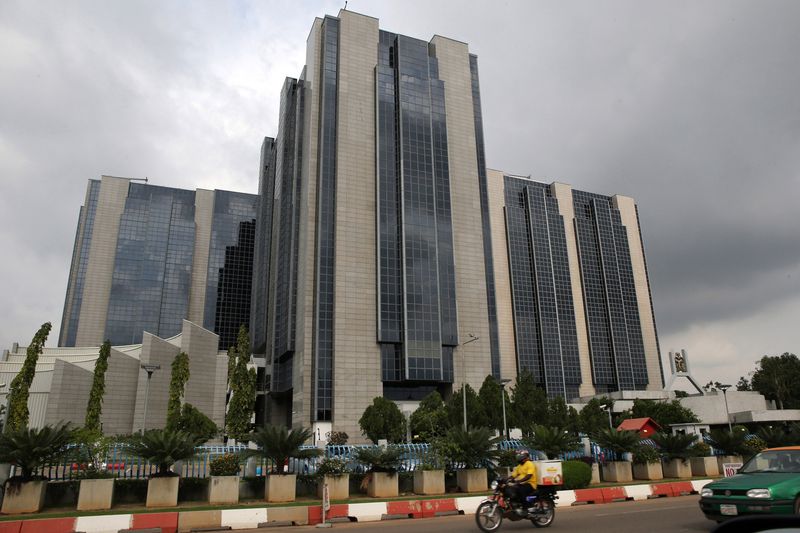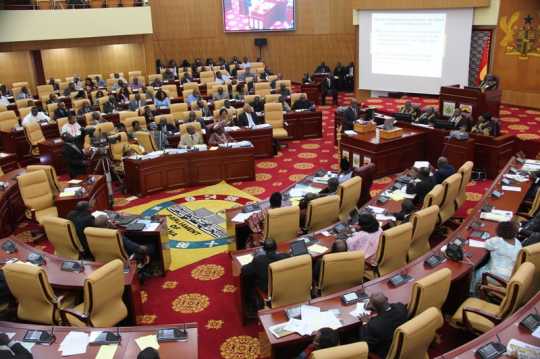Finance
President Bola Tinubu’s Administration Set to Clear N187.32bn Debt to Local Contractors

Loans
IMF Gives Nod as Congo Inches Closer to Historic Loan Program Completion
Banking Sector
Access Holdings Plc Grants 23.81 Million Shares to Directors, Valued at N420 Million
Loans
Ghana’s $20 Billion Debt Restructuring Hangs in the Balance Amid LGBTQ Legal Challenge
-

 Billionaire Watch4 weeks ago
Billionaire Watch4 weeks agoNigerian Billionaire Tony Elumelu Contemplates Acquiring NPFL Club
-





 Naira4 weeks ago
Naira4 weeks agoNaira Hits Eight-Month High at 1,120/$ Amidst Central Bank Reforms
-



 Naira3 weeks ago
Naira3 weeks agoDollar to Naira Black Market Today, April 17th, 2024
-





 Naira3 weeks ago
Naira3 weeks agoDollar to Naira Black Market Today, April 18th, 2024
-





 Naira3 weeks ago
Naira3 weeks agoNaira Appreciates to N1,136/$ Officially, N1,050/$ Parallel Market
-





 Naira2 weeks ago
Naira2 weeks agoDollar to Naira Black Market Today, April 24th, 2024
-

 Commodities3 weeks ago
Commodities3 weeks agoCitigroup Predicts $3,000 Value Amidst Investor Surge
-



 Sport Business4 weeks ago
Sport Business4 weeks agoEni Aluko Breaks Barriers: First Black Female Football Club Owner in Italy
















